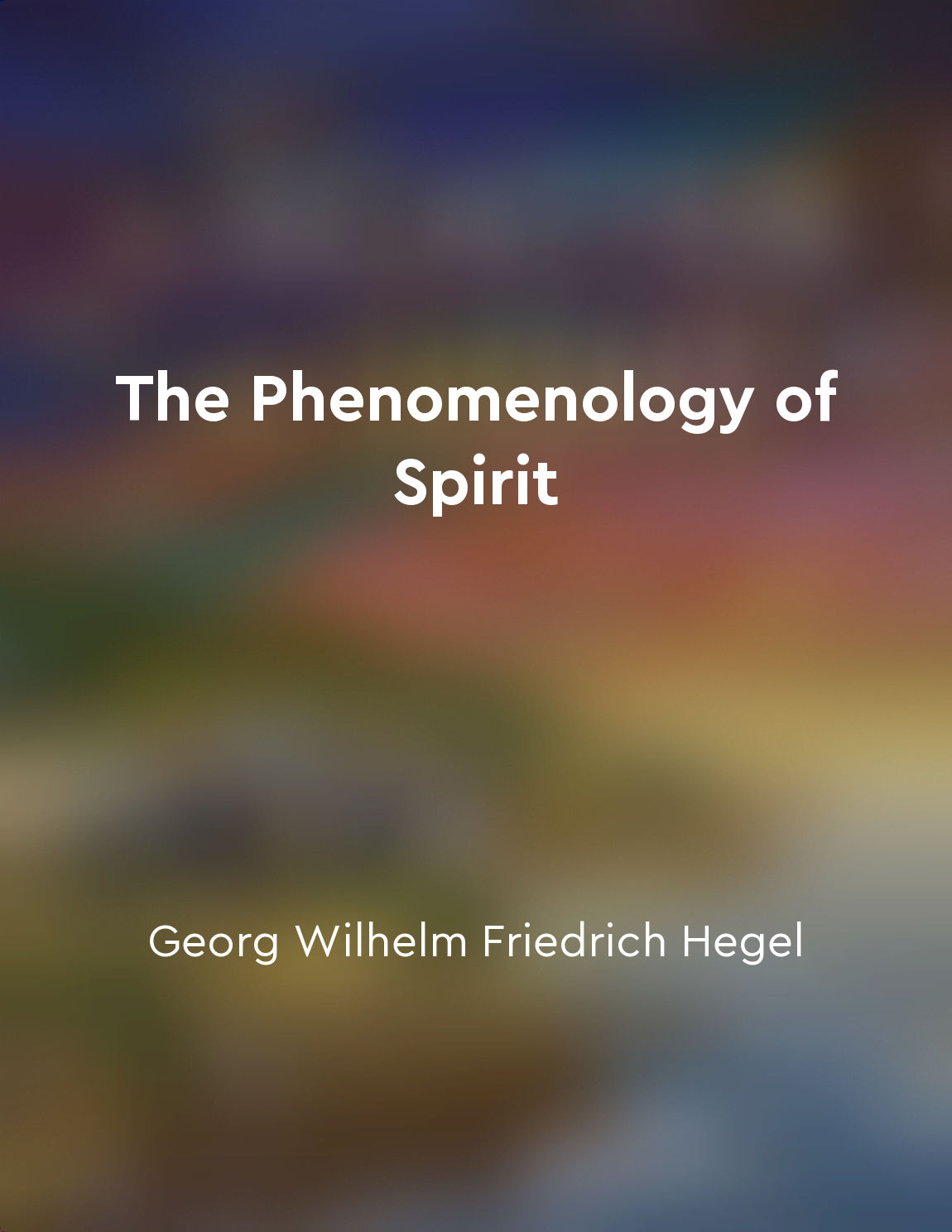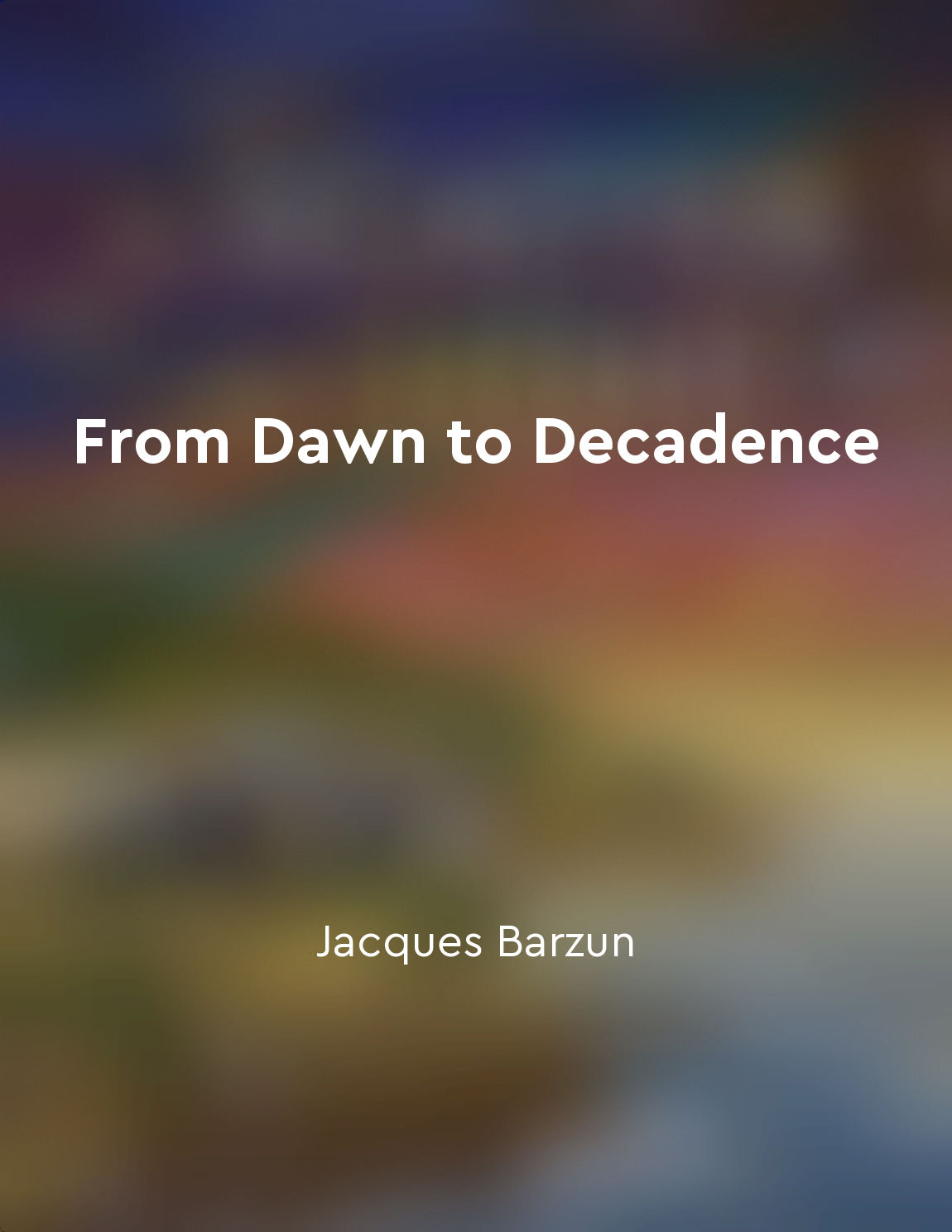Reason enables freedom from passions from "summary" of Spinoza: Ethics by Benedictus de Spinoza
Reason, according to Spinoza, is the faculty of understanding. It is through reason that we are able to comprehend the world around us and make sense of our experiences. Reason allows us to think critically and logically, enabling us to distinguish between what is true and what is false. By using reason, we are able to overcome our passions and emotions, which often cloud our judgment and lead us astray. Passions, on the other hand, are those forces within us that drive us to act in ways that are not always rational. They are the result of external influences that affect our desires and emotions. When we are governed by our passions, we are easily swayed by our impulses and desires, without considering the consequences of our actions. This can lead to irrational behavior and unha...Similar Posts
Pleasure and pain are two sides of the same coin
Your joy is your sorrow unmasked. And the selfsame well from which your laughter rises was oftentimes filled with your tears. A...
Good will as the highest good
In the realm of morality, the concept of good will stands above all other considerations. Kant argues that good will is the onl...
Teleological argument supports the idea of a harmonious universe
The teleological argument posits that the order and purpose evident in the natural world point towards the existence of a supre...

Absolute knowing
Absolute knowing is the culmination of the process of self-consciousness that has unfolded through the various stages of consci...

The goal is not to do business with everyone
The goal is not to do business with everyone. This is a fundamental concept that is often overlooked in the world of business. ...
Hegel's dialectical method influenced a generation of thinkers
Hegel's dialectical method was a philosophical approach that captivated the minds of many intellectuals in the early 19th centu...

The impact of the Enlightenment
The Enlightenment was an intellectual movement that swept through Europe in the 17th and 18th centuries, challenging traditiona...
Selfinterest drives human behavior
In examining human nature, it is evident that self-interest plays a fundamental role in driving human behavior. The desire for ...
Start with why to stand out in a crowded market
The concept of starting with why to stand out in a crowded market is about understanding the core purpose behind your business....
Stoicism teaches the importance of cultivating meaningful relationships
Stoicism places a great deal of emphasis on the significance of forming deep and meaningful connections with others. The Stoics...
